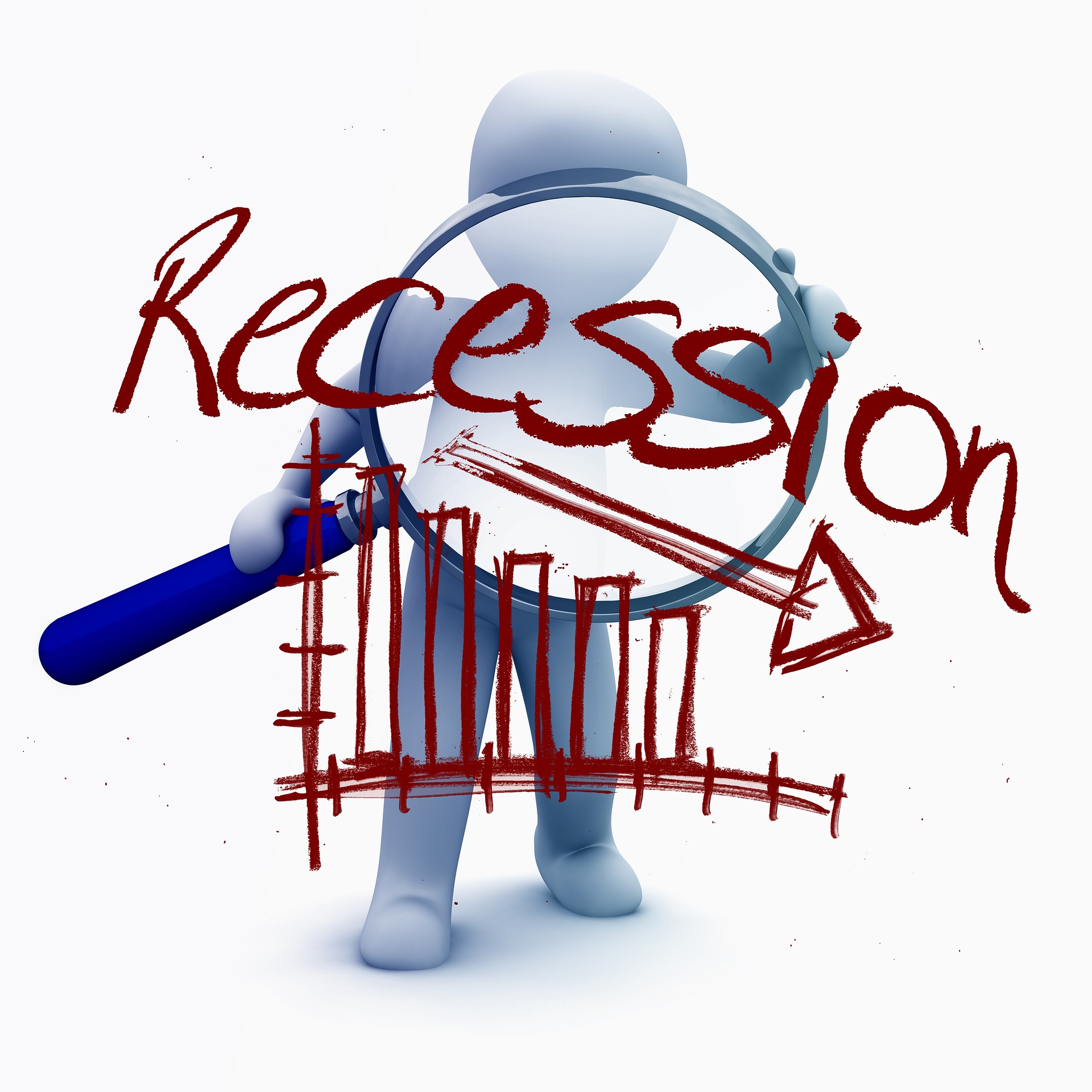Looming Global Recession as U.S. Trade Sanctions Provoke Invasion of Taiwan
The survey was in response to the Commerce Department and Biden administration’s trade restrictions targeting China’s semiconductor industry.
According to Xi Jinping, Taiwan is next after Hong Kong, who purportedly announced this during the 20th Communist Party Congress (CCP) congress.
The Economic Experts Polled See a Global Recession Coming Closer
The state of the world economy is gloomy. This comes after the COVID-19 pandemic response and significant nation-state wars.
Global inflation has risen dramatically. Energy price increases brought on by international sanctions and the crisis between Russia and Ukraine have made problems worse.
Most of the 257 economists surveyed by Reuters on October 25 predicted a global recession. According to Michael Every, talks are dominated by the “risk of a worldwide recession.”
Every is a global strategist for Rabobank. According to Every, the path of all significant economies makes it a no-brainer.
The Federal Reserve and others agreed that increasing unemployment allows central banks to boost interest rates. He claimed central banks would assume they could keep hiking rates the more extended the jobless rate climbs.
70% of economists believe that unemployment won’t increase. However, the survey results between September 26 and October 25 are worse than those from Reuters in July.
Global growth is projected to slow from an expected 2.9% this year to 2.3% in 2023. Then, in 2024, there will be a rebound to 3.0%.
This is corroborated by Reuters surveys of analysts from 47 significant economies between September 26 and October 25. According to Hari Kishan’s analysis, China’s second-largest economy would rise by 3.2% in 2022.
Rising Tensions as China’s Chip Industry Export Controls Guarantee an Invasion of Taiwan
The Reuters poll is released at a time of positive US-China ties. Californian Congresswoman Nancy Pelosi disrespected China by travelling to Taiwan in August.
As Chinese ships practised in the Taiwan Strait, the White House warned against “military provocations.”
This week, the United States accused two Chinese intelligence agents of using cryptocurrency to bribe a government employee to get sensitive information.
On October 7, 2022, the U.S. Commerce Department restricted China’s access to the semiconductor market. The White House imposed stringent restrictions on China, according to the NYT.
The restrictions apply to the export of semiconductors and equipment for producing chips to China. But, again, this was an attempt to limit the nation’s access to essential technology.
The U.S. government allegedly adopted this aggressive tactic, according to the NYT. The tactics were to impede China’s abilities substantially. It includes establishing many of these crucial technologies on its own.
After the U.S. crackdown on China, many people fear that China may invade Taiwan. Capitalist Exploits’ Chris MacIntosh offered his opinion on the subject.
He said that the Biden administration’s increased export restrictions had made an invasion of Taiwan inevitable.
MacIntosh said that Xi Jinping, the president of China, asserted that Taiwan is the following country and that Hong Kong is “complete.” The 20th CCP meeting was when this occurred.
Geopolitical blogger from Sri Lanka, Dhanuka Dickwella, shares the view that China will invade Taiwan this winter.
In a recent blog post, Dickwella referred to the well-known CCP conference and Hu Jintao’s forcible removal.
On October 22, Dickwella declared Hu Jintao’s forced removal from the party conference was the end of such practices.
He said that the approach of closely engaging with the West and trusting conversation to resolve the Taiwan problem would expire.
On Tuesday, JPMorgan CEO Jamie Dimon called the Russia-Ukraine conflict, and U.S.-China ties scarier than a recession.







